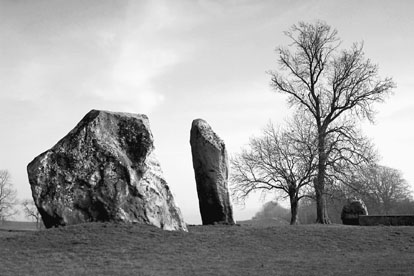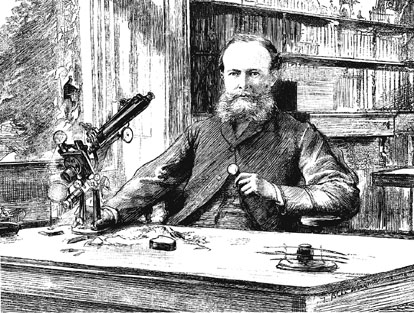

 | Page 136 |  |
itself), and Silbury Hill (roughly contemporaneous with Avebury).

The Cove in Avebury, England
(Corel)
References
Burl, Aubrey. 1979. Prehistoric Avebury. New Haven: Yale University Press.
(1834–1913)
Best known to archaeologists as the author of Prehistoric Times (which went through seven editions from 1865 to 1913), Sir John Lubbock was also prodigiously talented in other areas. Born into a titled family (his father was a baronet), Lubbock went to Eton and then entered the family banking business. However, in common with many people of his social standing in England, Lubbock spent his time away from banking engaged in a wide range of scientific pursuits. In this respect he was following in the footsteps of his father, who was an amateur astronomer and a friend of Charles Darwin. Lubbock’s views on natural history (and eventually on human evolution) were strongly influenced by Darwin. Equally, Lubbock’s position as an influential Victorian scientist (he held offices in the Royal Society, the British Association for the Advancement of Science, the Geological Society of London, and the Linnaean Society, among others) was of great value to Darwin when the time came to promote public acceptance of his account of the evolution of life on earth.

Lord Avebury, from an 1884 print
(Ann Ronan Picture Library)
Notwithstanding his activities as a banker, member of Parliament, vice-chancellor of the University of London, and keen student of insects and wildflowers, Lubbock’s enduring fame results from his central role in the foundation of prehistoric archaeology in Great Britain. Through the publication of Prehistoric Times and a later work, The Origins of Civilization (1870), Lubbock set much of the agenda for the emerging science of prehistoric archaeology. His keen
 |  |